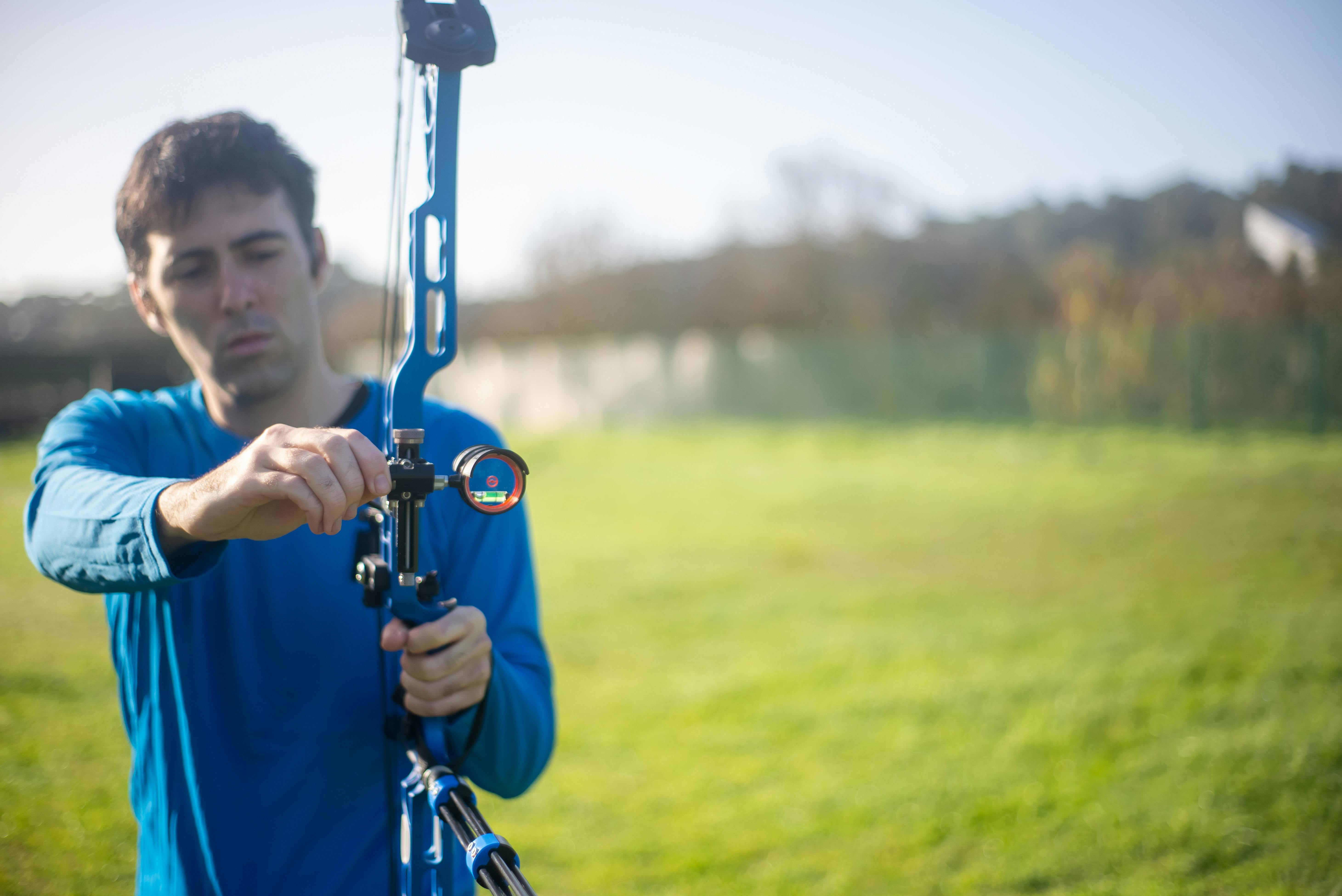Nature has millions of intertwined relationships between the numerous flora and fauna. Such relationships are the basis of food chains and food pyramids. These food webs and pyramids can give us a general idea that organisms interact with each other for food, shelter, and mating. Each specific interrelation, if studied in depth, can be very interesting and brings to light significant facts about our environment and the importance of each and every one of the living beings on this earth and their role in sustaining ecological processes. In fact, if all of nature is considered a machine, each and every living being has its own role in the proper functioning of this machine. But knowingly and unknowingly, we have not bothered and forced to destroy such interrelationships on the path of ‘development’.
While we talk about important things like “global warming”, “greenhouse gases” and other impending disasters, we are doing little to understand these interrelationships or our scientific community has failed to keep pace with the enormity and complexity of ecological relationships.
Even if the world is protected from global warming, can man and his domesticated crops and animals survive without the help of other living things on this earth? Can nature withstand such a loss of a large number of living beings and even then sustain human life on this earth? Of course not! This is known to everyone… everyone in the sense of the ecologists and environmentalists on board the scientific institutions and the administration and the group of experts behind the governments. We can’t expect politicians to understand such complex science, and they don’t have time to spare either. Therefore, it is the responsibility of the scientific community to address these problems and suggest possible corrective actions and relentlessly seek their implementation. They also have a duty to prevent vested interests from trying to hijack the issue for their own selfish ends or to satisfy their professional egos.
Like politicians, a layperson (representing the vast majority of the general public) is not expected to know about, appreciate or support such causes. Therefore, once again, it is the duty of the scientific community to mobilize public opinion and break down all barriers in the implementation of conservation measures in all parts of the world, both on micro and macro scales. Conservation has to be localized rather than conserving things from one continent to another continent or from one country to another.
The levels of awareness about ecology or nature conservation are at such a dangerous level that many people even call zoos as conservation centers! And we know how these parks are maintained in many poor and developing countries!
Lastly, conservation programs should not be seen as wasteful spending programs, but should be seen as a life insurance premium for our very survival!

